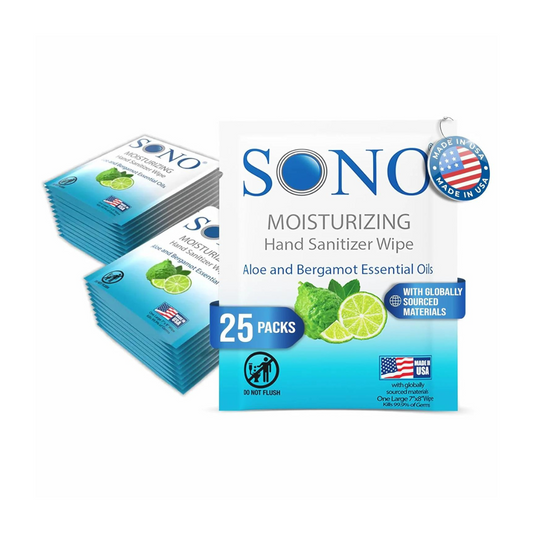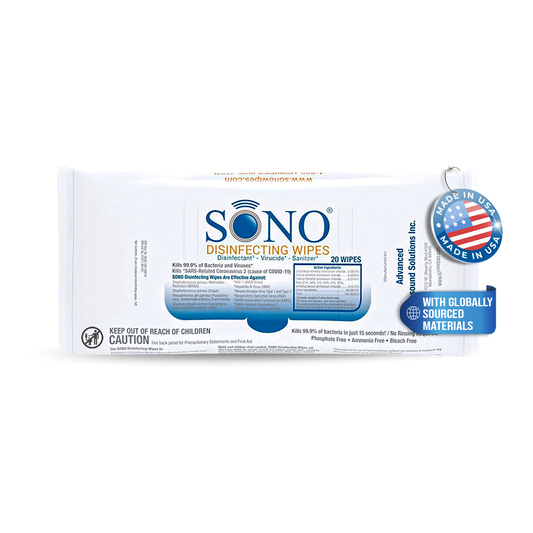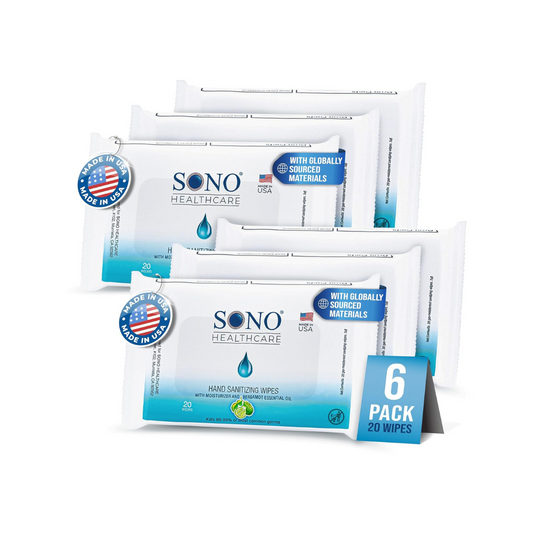The RSV virus, also known as respiratory syncytial virus, is a common cause of respiratory infections, especially in young children. Understanding how long the virus remains contagious is crucial for preventing its spread. In this article, we will delve into the details of the RSV virus and explore its contagiousness.
What is the RSV virus?
The RSV virus is a highly contagious respiratory virus that primarily affects the lungs and airways. It belongs to the paramyxovirus family and is a common cause of respiratory infections, particularly in infants and young children. RSV infections are most prevalent during the winter and early spring months.
Symptoms of RSV infection
RSV infections can cause a range of symptoms, varying from mild to severe. Common symptoms include cough, runny nose, fever, and wheezing. In infants, RSV can also cause difficulty breathing, rapid breathing, and irritability. It is important to note that symptoms may differ depending on the age and overall health of the individual.
How is RSV transmitted?
RSV spreads easily through respiratory droplets when an infected person coughs or sneezes. These droplets can travel through the air and land on surfaces, where the virus can survive for several hours. Direct contact with contaminated surfaces and then touching the face can also lead to infection. Therefore, it is crucial to practice good hygiene, such as regular hand-washing and covering the mouth and nose when coughing or sneezing.
How long is RSV contagious?
The contagious period of RSV can vary depending on the age and overall health of the individual. Generally, individuals infected with RSV are contagious for about 3 to 8 days. However, in some cases, the virus can be contagious for up to 4 weeks, especially in individuals with weakened immune systems.
RSV contagious period in adults
In healthy adults, the contagious period of RSV is usually shorter, lasting around 3 to 5 days. However, it is important to note that even after the symptoms subside, the virus may still be present and contagious. Therefore, it is crucial to continue practicing good hygiene and taking necessary precautions to prevent the spread of the virus.
RSV contagious period in children
Children, especially infants, can remain contagious for a longer period compared to adults. The contagious period in children can range from 3 to 8 days, but it can extend up to 4 weeks in some cases. This extended contagious period in children highlights the importance of taking extra precautions to prevent the spread of RSV, especially in daycare settings and schools.
Preventing the spread of RSV
- Hand hygiene: Wash hands regularly with soap and water for at least 20 seconds. Alternatively, use an alcohol-free hand sanitizer like SONO Hand Sanitizing Wipes for effective cleaning, especially when soap and water aren't available. (Curious about alcohol-free hand sanitizer? Check out our blog: https://www.sonowipes.com/blogs/news/the-top-5-insights-on-alcohol-free-hand-sanitizing)
- Covering coughs and sneezes: Use a tissue or your elbow when coughing or sneezing. Dispose of tissues properly and cleanse hands afterward, ideally with SONO Hand Sanitizing Wipes.
- Avoid close contact with sick individuals: Maintain distance from those showing respiratory symptoms.
- Clean and disinfect surfaces: Regularly use products like SONO Disinfecting Wipes to clean and disinfect frequently touched surfaces such as doorknobs and light switches.
- Stay home when sick: Isolate if you exhibit symptoms of RSV to prevent spreading it to others.





